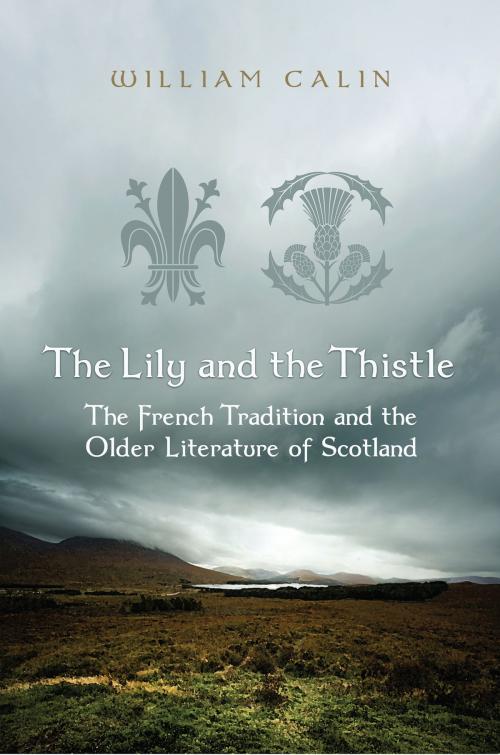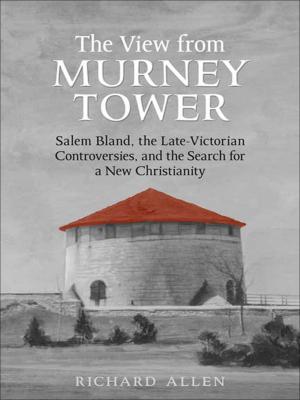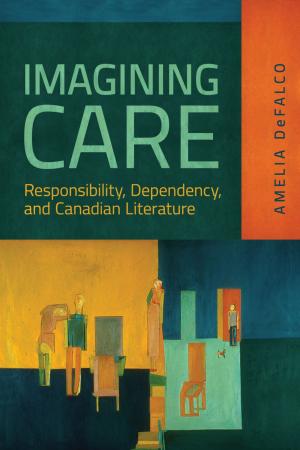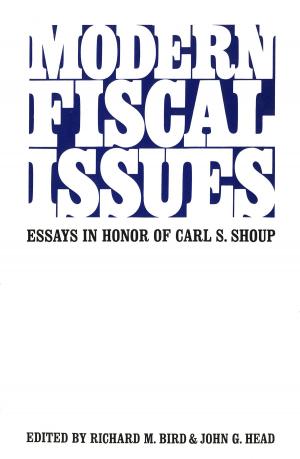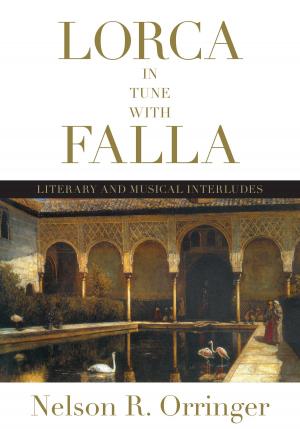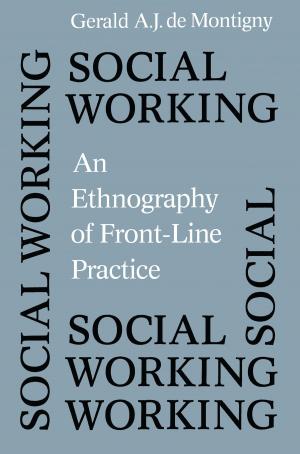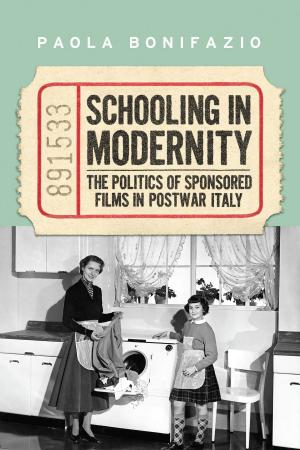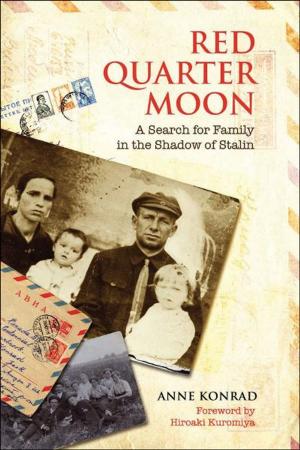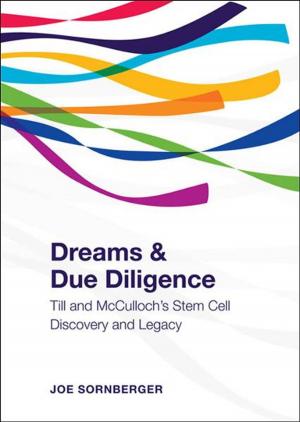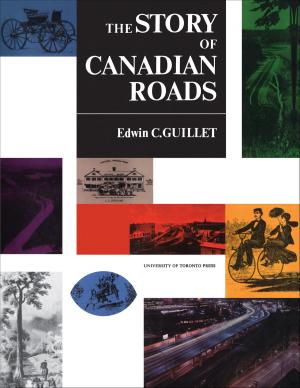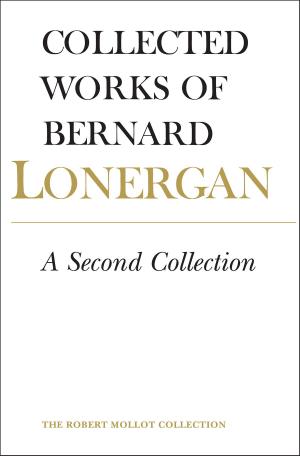The Lily and the Thistle
The French Tradition and the Older Literature of Scotland
Fiction & Literature, Literary Theory & Criticism, Medieval, British, Nonfiction, History| Author: | William Calin | ISBN: | 9781442666252 |
| Publisher: | University of Toronto Press, Scholarly Publishing Division | Publication: | December 31, 2013 |
| Imprint: | Language: | English |
| Author: | William Calin |
| ISBN: | 9781442666252 |
| Publisher: | University of Toronto Press, Scholarly Publishing Division |
| Publication: | December 31, 2013 |
| Imprint: | |
| Language: | English |
In The Lily and the Thistle, William Calin argues for a reconsideration of the French impact on medieval and renaissance Scottish literature. Calin proposes that much of traditional, medieval, and early modern Scottish culture, thought to be native to Scotland or primarily from England, is in fact strikingly international and European. By situating Scottish works in a broad intertextual context, Calin reveals which French genres and modes were most popular in Scotland and why.
The Lily and the Thistle provides appraisals of medieval narrative texts in the high courtly mode (equivalent to the French “dits amoureux”); comic, didactic, and satirical texts; and Scots romance. Special attention is accorded to texts composed originally in French such as the Arthurian “Roman de Fergus,” as well as to the lyrics of Mary Queen of Scots and little known writers from the French and Scottish canons. By considering both medieval and renaissance works, Calin is able to observe shifts in taste and French influence over the centuries.
In The Lily and the Thistle, William Calin argues for a reconsideration of the French impact on medieval and renaissance Scottish literature. Calin proposes that much of traditional, medieval, and early modern Scottish culture, thought to be native to Scotland or primarily from England, is in fact strikingly international and European. By situating Scottish works in a broad intertextual context, Calin reveals which French genres and modes were most popular in Scotland and why.
The Lily and the Thistle provides appraisals of medieval narrative texts in the high courtly mode (equivalent to the French “dits amoureux”); comic, didactic, and satirical texts; and Scots romance. Special attention is accorded to texts composed originally in French such as the Arthurian “Roman de Fergus,” as well as to the lyrics of Mary Queen of Scots and little known writers from the French and Scottish canons. By considering both medieval and renaissance works, Calin is able to observe shifts in taste and French influence over the centuries.
